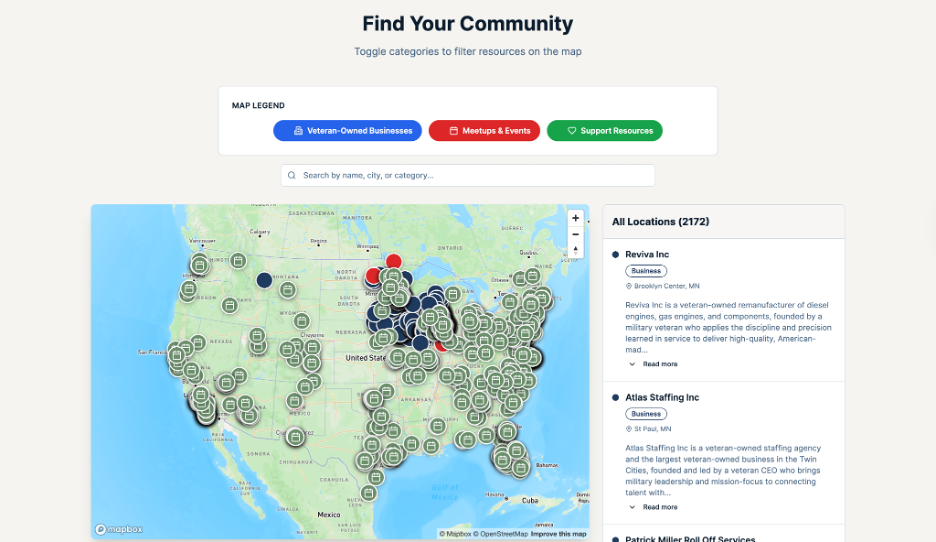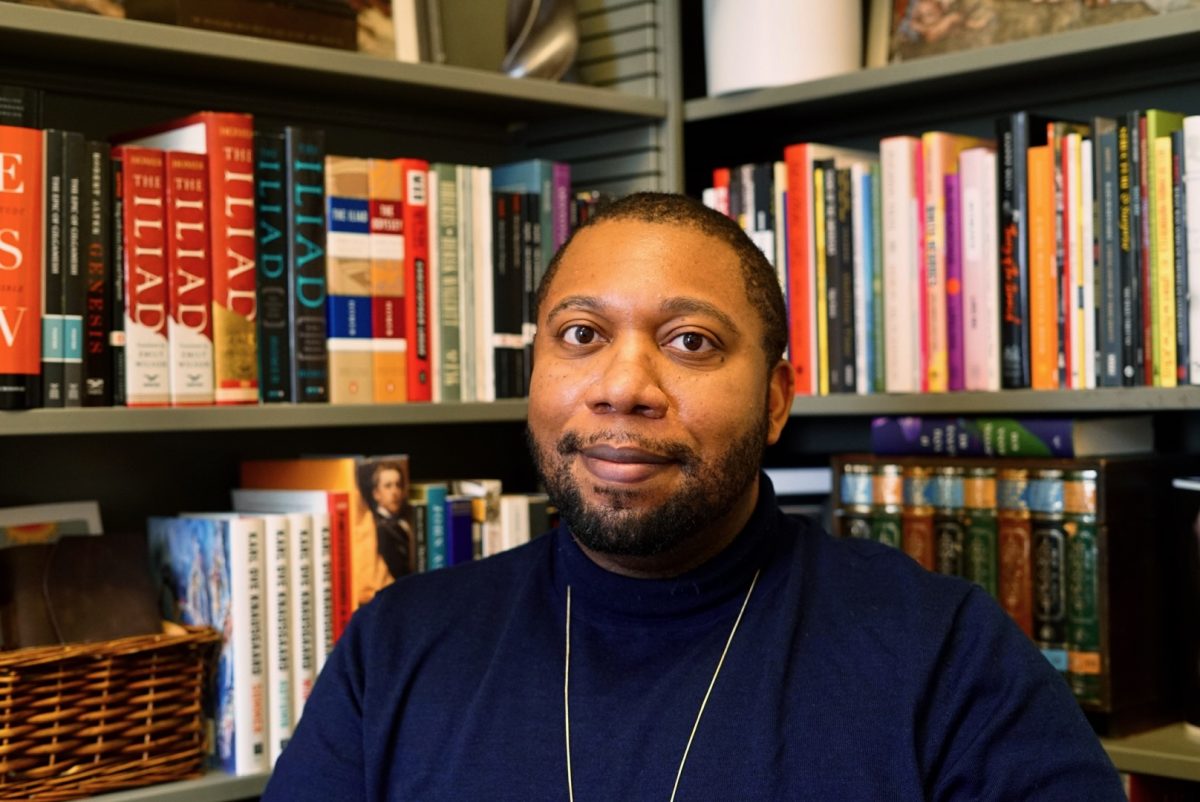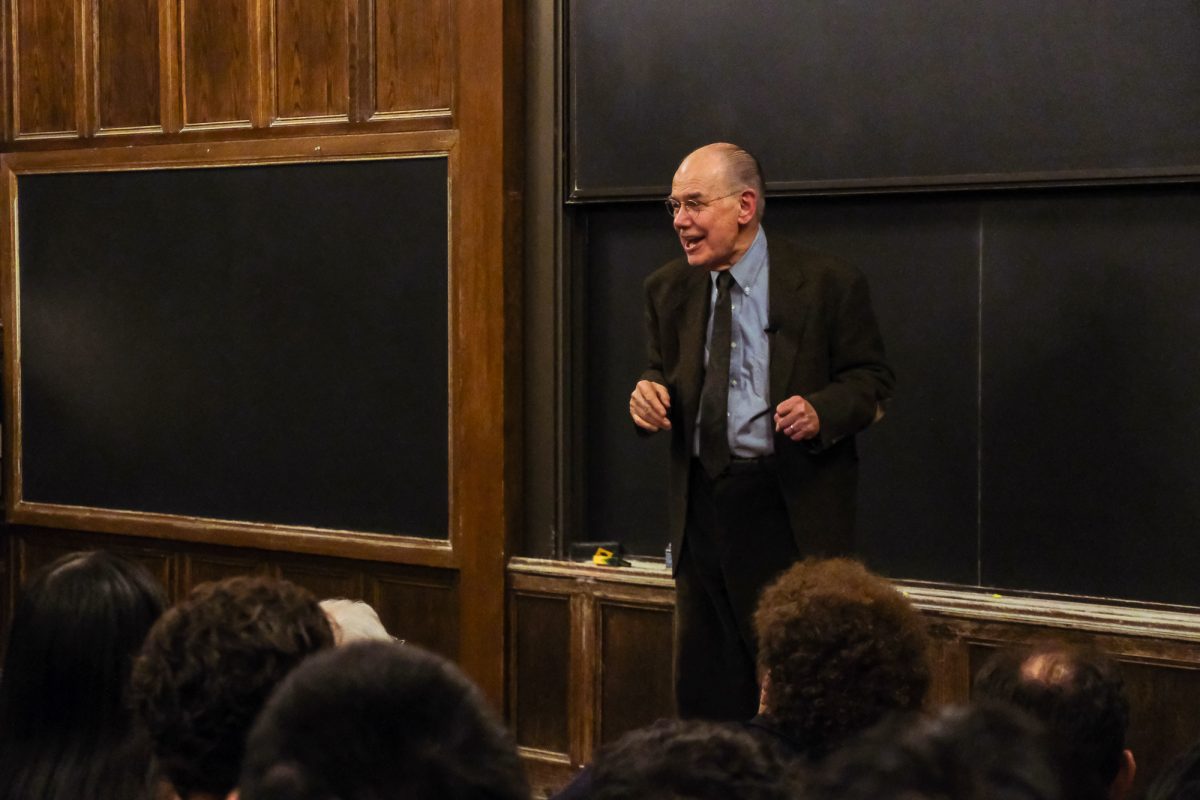Student Government (SG) is expanding its Uncommon Fund initiative, taking its efforts beyond the one-time grant to provide recipients with a wide variety of resources and human capital. SG is hoping it can harness the power of social networking, the best friend to anyone wanting to get a date, land a job, or start a revolution, for more uncommon pursuits.
The Fund, which is entering its fourth year, allocates its annual $40,000 budget to student projects SG sees as promisingly unique and impactful, but also realistic.
The Fund’s new website, JoinStart, is the brainchild of third-year David Chen, SG’s vice president of administration and the chair of the Fund’s board. Chen created JoinStart.com with first-year Jesse Silliman and third-year Teng Bao in November to fix a competitive grant system that they felt was inefficient and unnecessarily burdensome for applicants.
“In previous years, the Uncommon Fund has been very similar to the SGFC [Student Government Finance Committee],” said board member and first-year Forrest Scofield. Students would present their ideas before a board of review, who would then decide at once who would receive funding.
Now, the Fund’s board will evaluate the first round of applicants based on what students lay out in their online project profiles. Each page includes a field for information on the problem or opportunity and where they are in the project. Anyone with an account can “follow” a project before choosing to join it.
Described by Scofield as an “entrepreneurial Facebook,” JoinStart allows students to post their projects, exchange information, and seek out talent for their team, all presented through the now-familiar format of personal profiles and pithy self-identifiers (to sign up, members are required to encapsulate themselves in one sentence).
Already, JoinStart is alive with proposals from its 78 members, including an insect-tasting buffet and a model for providing relief to flood victims in Pakistan. Last year, the Fund received 54 submissions.
The board will then choose second-round teams to connect with a mentor and convey their needs to student entrepreneurs in relevant fields. The intention is to create a relationship between board members and project leaders that persists far beyond the allocation of funding.
“We want the whole process to be a community effort,” Chen said.
Beneficiaries of the Fund—who in the past have included gardeners, bakers, and circus-performers—will be able to tap into a talent pool of business mentors, computer programmers, marketers, and a variety of other specialists whose counsel might be of use to a student-run start-up.
“The initial thought was to connect the human resources and the capital resources with the people who want to take initiative,” Chen said. From there, Chen and his team looked for ways to apply the new platform and discovered an untapped demand for entrepreneurial projects among students here in the University and at the Illinois Institute of Technology (IIT).
To connect qualifying teams with the services they need, SG will be relying mostly on the Booth School of Business’s Polsky Center for Entrepreneurship, which has its own application process for students interested in working with the Fund. Also providing support will be the University’s computer science department and IIT, whose students can create accounts and peruse the site’s contents.
The result, Chen said, is a largely “self-selective” process, through which anyone with an idea can put their skills to work. Eventually, Chen hopes to connect project teams with professionals and mentors from a range of backgrounds, such as the Harris School of Public Policy and local community service organizations.







